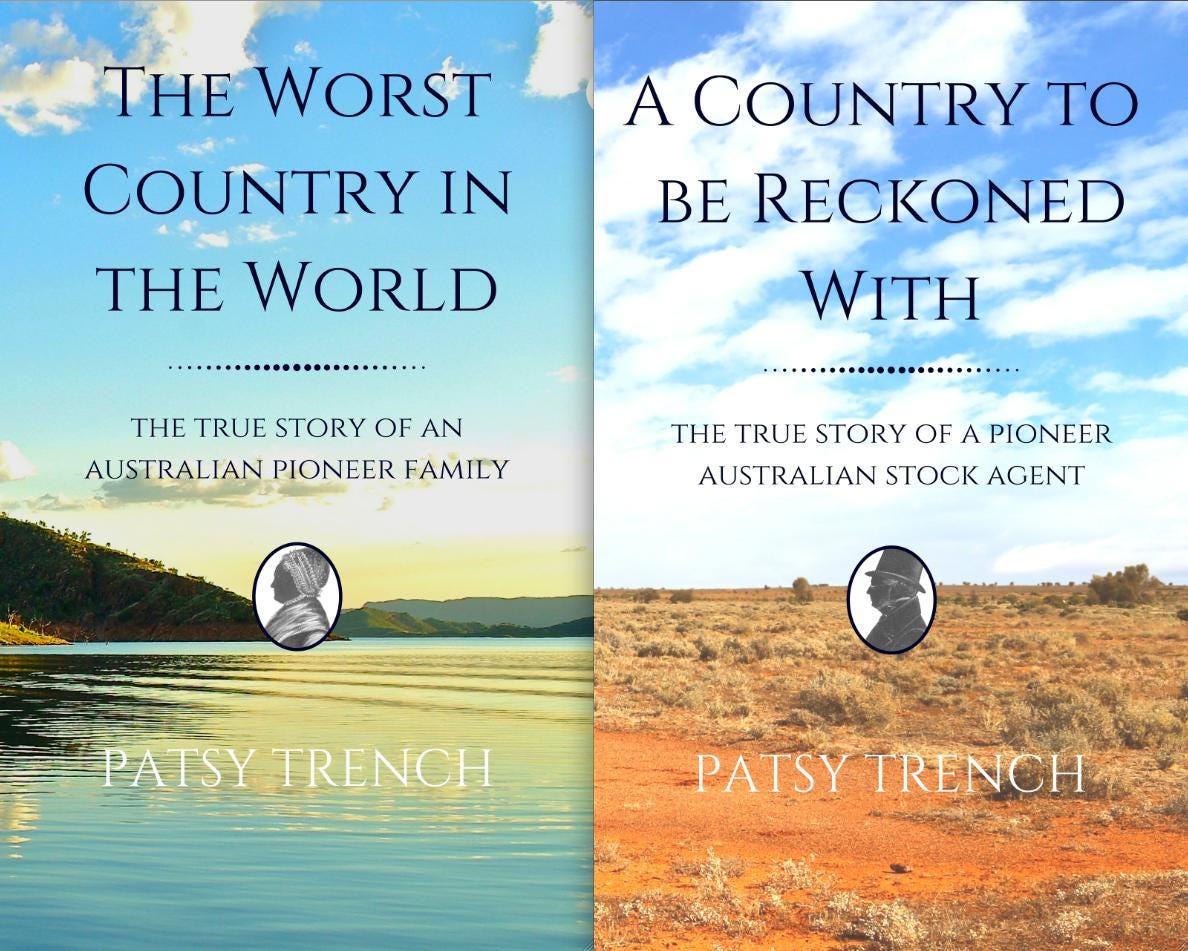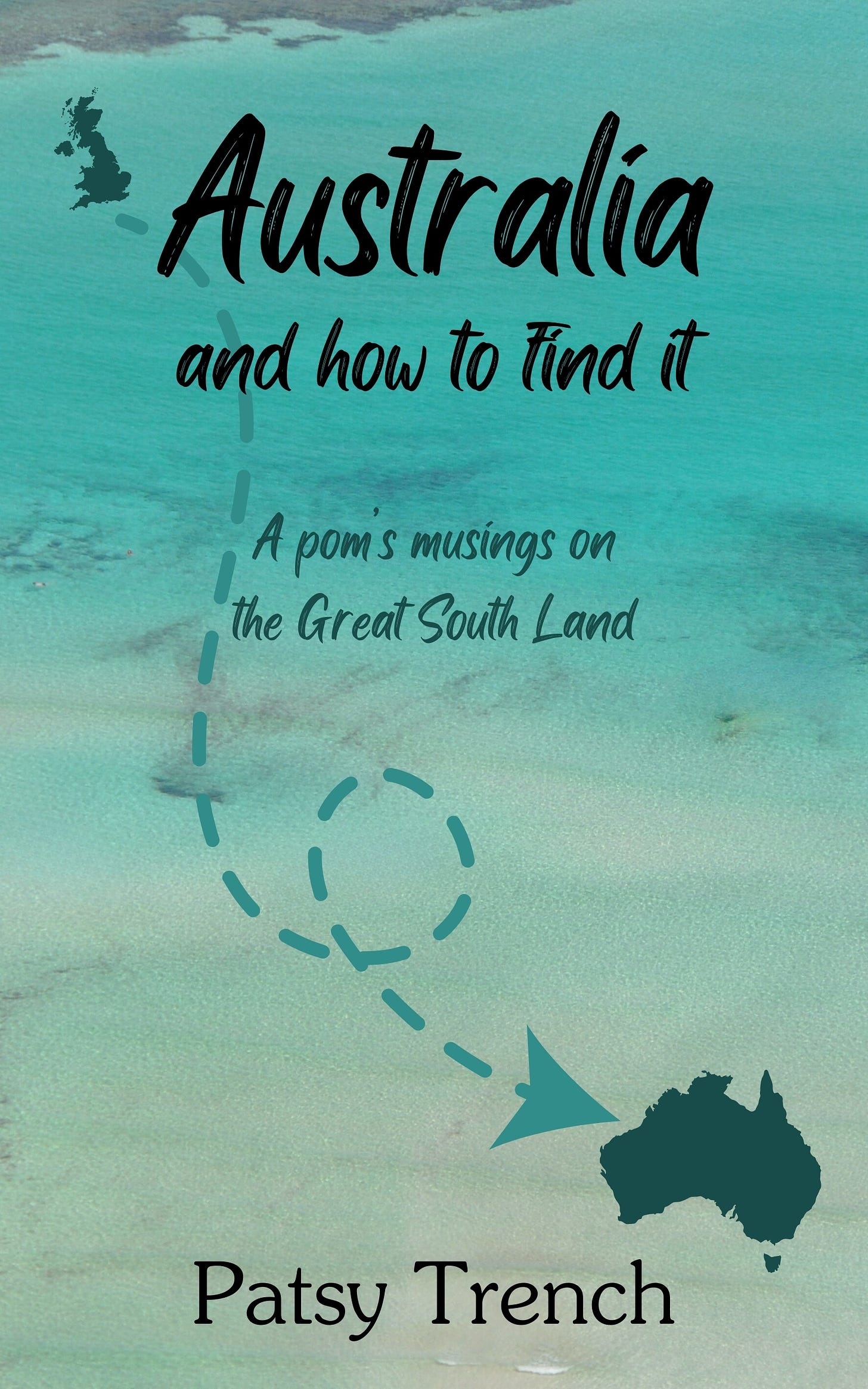The only subject I found remotely interesting at my secondary school was history, and I still managed to fail my A level because I could never remember dates.
The fact that I have spent the last fifteen or so years writing historical non-fiction followed by historical fiction is therefore ironic, and not really planned. I’ve had to do a lot of deep research to make up for my lack of attention in the classroom all those years ago, but as I’m sure other history writers would agree, once you start on that path into the past it’s very difficult to come off it.
Researching family history
Researching your family history is a good introduction to writing history. You are looking at the past through the eyes of particular people, ordinary people who existed but were not necessarily famous. You have a responsibility to those people as it is possible you are the only one who will ever write about them, so it’s up to you to get it right.
Family historians are likely to be amateur historians and researchers, but that doesn’t mean they have nothing to contribute to our general knowledge of our past. In the case of colonial Australia, the subject of my first three books, it was family historians who uncovered hitherto concealed facts about their convict ancestors. My own family were a case in point: I was firmly told my maternal side of the family were descended from settlers, which was true, but it wasn’t until I began to delve further that I discovered convict ancestors too. Up until around fifty years or so ago nobody admitted to having convicts in their family; now it’s almost a badge of honour.
The same applies if not more so to the Aboriginal people. Sooner or later a researcher of colonial Australia will come upon the History Wars, which refers to the wildly differing accounts of colonial Australian history depending largely on where the writer is on the political spectrum and when he or she was writing. John Howard, Australia’s Prime Minister from 1996 to 2007, was famous for refusing to say Sorry to the Aboriginal people for, among others things: invading their country and stealing their land/carrying out several massacres/stealing their children/obliterating their culture and heritage/trying to obliterate them altogether. He believed colonial Australia was a thing to be celebrated, particularly on Australia Day on 26 January every year – the date the First Fleet arrived at Sydney Harbour in 1788 and planted the British flag.

History is written by the victors, we all know that. Aboriginal history goes back 65,000 years, which makes our own history look puny by comparison. But Aboriginal people didn’t write it down. They passed it on orally, which doesn’t really count to western sensibilities.
All that aside, researching family history is an excellent introduction to understanding our pasts. If you’re doing the job properly you learn how to tell the difference between rumour, wishful thinking and hard fact. Not everything you read in newspapers is true, and not everything that’s passed down orally through the generations is necessarily false.
If you’re doing the job properly you get to live inside the skin of your ancestors. You know what they wore and why, what they ate, where they lived and how they went about their day. The minutiae of their everyday lives in other words. If you’re really doing the job properly you resist putting your own views and sensibilities into the minds of people who lived in a foreign country – both literally in my case and figuratively – where they did things differently.
.




